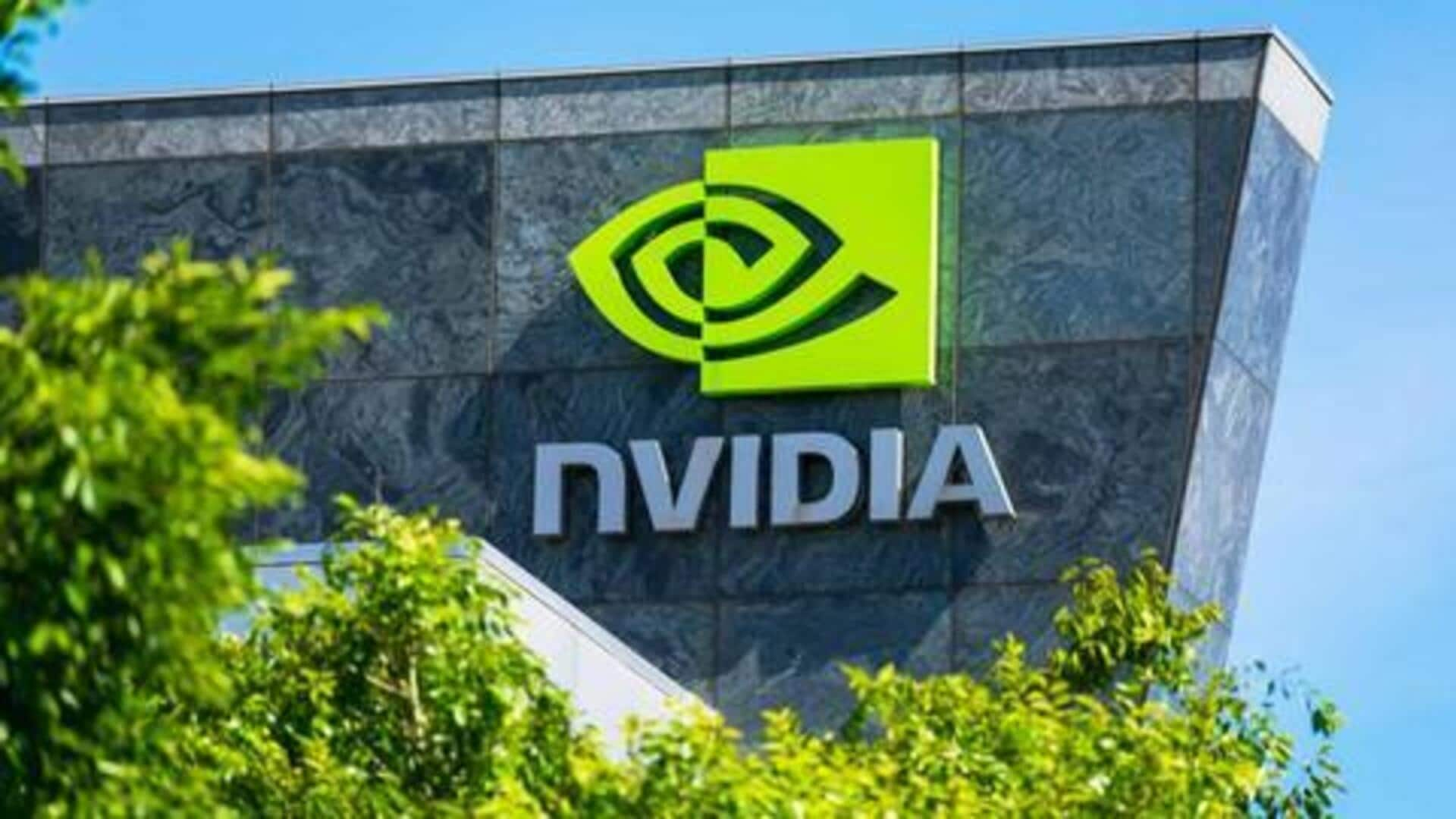
NVIDIA, Anthropic clash over US AI chip restrictions on China
What's the story
NVIDIA has publicly disagreed with Anthropic, a leading US-based artificial intelligence (AI) start-up, over the latter's allegations about China's AI chip acquisition methods. In a recent blog post, Anthropic claimed Chinese smuggling tactics involved concealing AI chips in "prosthetic baby bumps" and packing them with live lobsters. However, an NVIDIA representative dismissed these allegations as "tall tales." The dispute comes amid impending US chip export restrictions aimed at limiting China's access to advanced AI technology.
Policy impact
AI Diffusion Rule to impose global export controls
The upcoming "AI Diffusion Rule," announced under former President Joe Biden, will take effect on May 15. It will impose global export controls on advanced AI chips and model weights in an attempt to prevent rival nations like China from gaining an edge in the growing AI arms race. President Donald Trump is now reportedly working on updating these restrictions. Anthropic has been pushing for stricter enforcement of these measures, which could impact NVIDIA's international business and chip sales revenue.
Advocacy
Anthropic calls for stricter export regulations
Anthropic, which heavily relies on NVIDIA hardware to train its models, argues that access to computing power is a key element in developing cutting-edge AI tech. The company has proposed reducing export threshold for Tier 2 countries, tightening regulations to reduce smuggling risks, and increasing funding for enforcement activities. Anthropic pointed to a 2022 incident involving a woman arrested for smuggling chips into China and a 2023 case where "computer display cards" were seized alongside lobster shipment in Hong Kong.
Scenario
Debate over chip exports
An Anthropic spokesperson said, "Maintaining America's compute advantage through export controls is essential for national security and economic prosperity." In a sharp response, an NVIDIA spokesperson criticized the use of policy as a tool to stifle competition. "China, with half of the world's AI researchers, has highly capable AI experts at every layer of the AI stack. America cannot manipulate regulators to capture victory in AI," the spokesperson said.
Industry perspective
NVIDIA CEO praises China's AI advancements
NVIDIA's CEO Jensen Huang, who recently met Chinese trade officials in mid-April, admitted that China is "not behind" the US in AI technology. Huang warned has US lawmakers that restrictions on its AI chips in China could boost Huawei's competitiveness. The concern was raised during a private meeting with the House Foreign Affairs Committee, where executives discussed Huawei's growing AI capabilities.